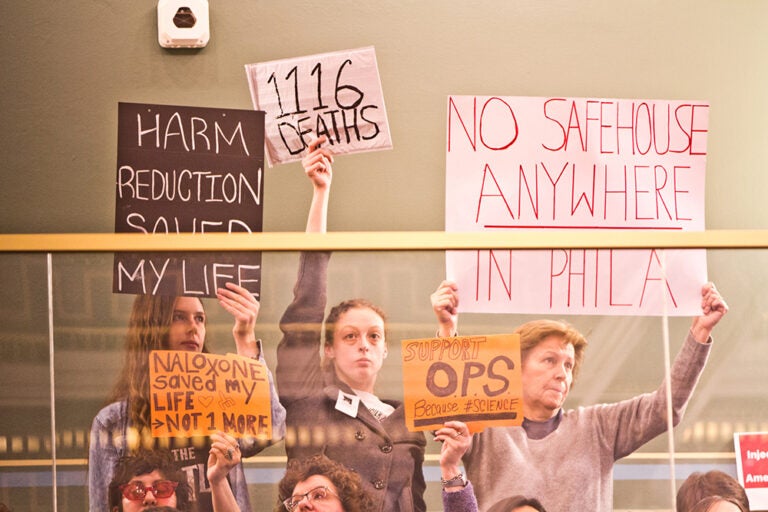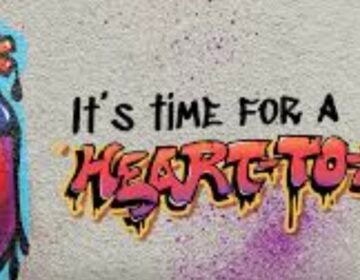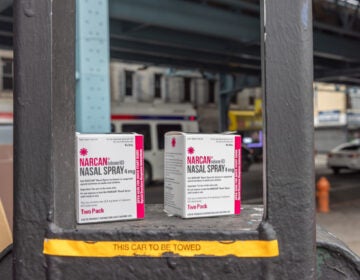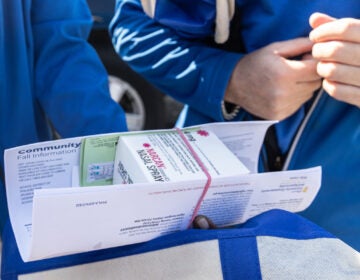Do Less Harm
Listen 48:53
People in support of and opposed to Philadelphia’s supervised injection site protest during a City Council hearing in Philadelphia, Pa. (Kimberly Paynter/WHYY)
In sharp contrast to abstinence-only education or “Just Say No,” America has been moving toward a public health approach that doesn’t hinge on moral absolutes. It’s called harm reduction, an approach that prioritizes safety, care, and meeting people where they are. The resulting policies can be controversial — from supervised injection sites to needle exchanges, or safe sex education for teenagers — but they can also save lives. On this episode of The Pulse, we trace the growth of harm reduction, from its scrappy roots into its blossoming present. We hear stories about bringing practicality to the fight against COVID-19, lessons learned from Canada’s safe injection sites, and one woman’s mission to get naloxone into the hands of everybody — even those selling drugs.
Also heard on this week’s episode:
- We talk to Dr. David Katz, founding director of the Yale-Griffin Prevention Research Center, about his “targeted” proposal for fighting COVID-19 — and why it ruffled so many feathers.
- Epidemiologist Ellie Murray explains how the pandemic is helping to illustrate harm reduction in real time.
- Imagine needing surgery, and having your doctor turn you down — because of your belly fat. That’s what happened to Lenée Voss. She talks to reporter Alan Yu about her experience, and how it continues to affect her relationship with doctors. We also hear from sociologist Sabrina Strings, historian Hanne Blank, and physician Fatima Stanford.
- Reporter Travis Lupick covers the opioid epidemic in Vancouver, where, for the last five years, he’s lived across the street from a supervised injection site. As the U.S. considers its own injection sites, Lupick offers some of the lessons he’s learned — including the importance of community input. Lupick’s book is called “Fighting For Space.”
Segments from this episode
WHYY is your source for fact-based, in-depth journalism and information. As a nonprofit organization, we rely on financial support from readers like you. Please give today.






